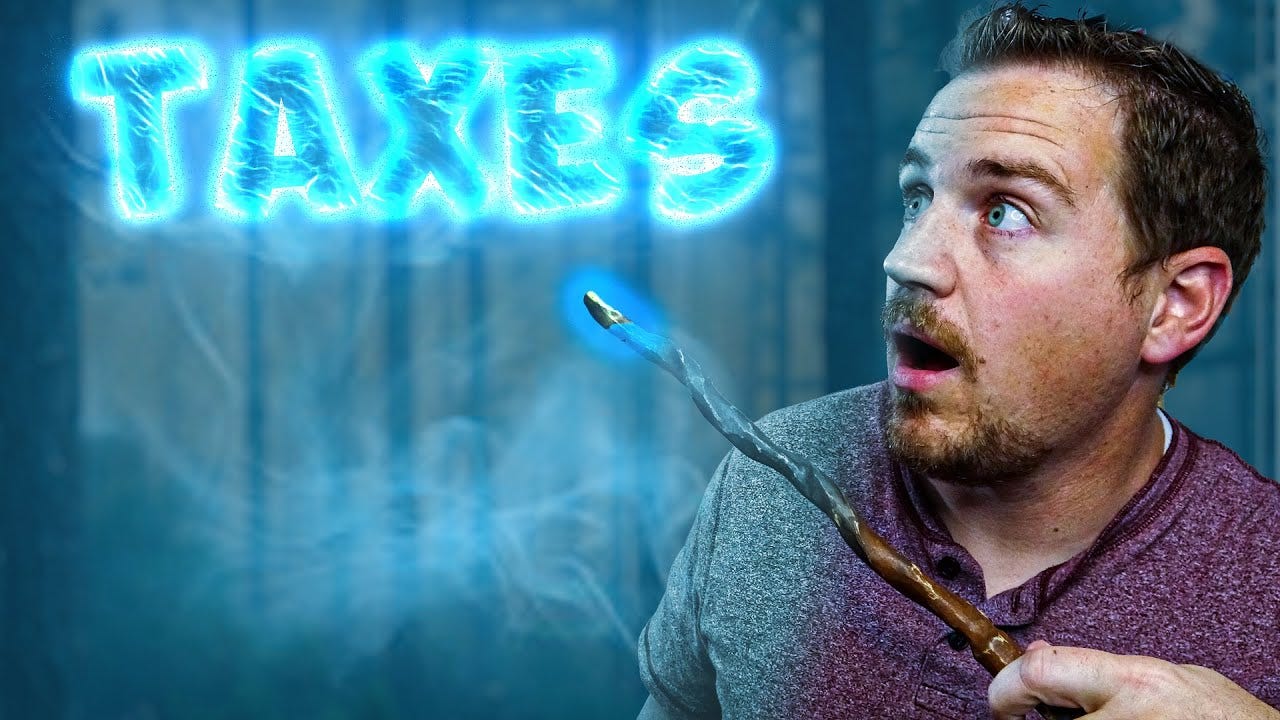Last week I mentioned that an important strategy for your statement of purpose is to use a story to show your passion. (But remember, don’t use the word passion.)
This week I want to focus on the stories that will convince the admissions committee that you’re a good candidate.
Your Goal
Your SOP has one goal: prove to the committee that you are prepared for graduate school and know what it entails.
When you applied for college, you had to do the first. You had to show them your GPA and your extracurriculars. But you’ve never had to do the second. College was just accepted as the next step in your education. You didn’t have to prove to your reader that you knew what path college put you on.
But graduate school, and PhD programs especially, are not just another step. They are designed for a specific type of student. A PhD program is designed to create future research professors. That doesn’t mean you are forced to follow that route, but they most of all want students who plan on a research career.
So your SOP should show that you are prepared to do research and know that it’s the life you’re signing up for. This insight will guide you to the stories that will make your SOP stand out.
Good Stories
Look at the following statements and tell me which one does a better job conveying I know what graduate school is about.
Statement 1
In my first economics class, I realized that I was passionate about economics. It amazed me how much economics explains the world around me. And with each class I discovered more interesting things. My classes couldn’t keep up with my passion, so I started reading economics books and research and even watching one of the best economics YouTube channels. I want to go to graduate school so I can further pursue this passion.
Statement 2
In my first economics class, I became interested in the connection between property rights and economic development. From reading research by Erica Field, Chris Udry, and others, I saw that stronger property rights leads to more investment. But in my reading, I realized no one has looked at whether the way we define property affects investment. I grew up in California and Utah, and they define marital property differently: in Utah, couples can own property separately, but in California all property is held jointly. In graduate school, I would be interested in researching the effect of these property rights institutions on marital outcomes.
Obviously in my contrived example, Statement 2 does a better job. What elements help it stand out?
It’s more specific. Instead of talking about economics generally, it mentions property rights. Instead of talking about books and research broadly construed, it mentions specific economists who wrote classic papers on the topic.
It points toward research. Statement 1 wants to just learn about economics. Statement 2 wants to create something in economics. The writer has learned economics but now wants to push our understanding to the next level.
The best stories in an SOP will connect to research ideas. Feel free to write about your unique experiences and passions, but understand where they should lead.
Witches
I’m going to give you an example below. But first, I wanted to remind you that a new video came out today!
Since the month of October begins this week, I decided to do a Halloween-type video. We’re talking about the witches we see around us today. That’s right, you might not realize it, but we are surrounded by witches. And it’s because of economics!
Go over to Market Power to see what I’m talking about.
Personal Example
After my first year in college, I decided to pause my education and spend two years volunteering for my church. I moved to Florida and worked with the Haitian immigrant population, learning how to speak Haitian Creole.
That’s a cool story, and when people hear it they understand who I am and what I value. But if I were to tell that in an SOP, the committee wouldn’t care. That story doesn’t help them understand if I am prepared for graduate school or if I know what I’m getting myself into.
What’s a way I can tell my interesting personal story and make it relevant for my SOP?
In graduate school, I would be interested in researching the effect of ethnic enclaves on immigrant job market outcomes. After my first year in college, I decided to pause my education and spend two years volunteering for my church. I moved to Florida and worked with the Haitian immigrant population, learning how to speak Haitian Creole. But as I met more Haitians, I realized many of them spoke English well, and most spoke English better than the Hispanic immigrants. I learned that many of the Hispanic migrants worked under a manager who spoke Spanish, but many of the Haitians had to work under someone who did not speak Creole. It looked like the success and density of the Hispanic population weakened the incentive to invest in learning English, while the Haitian population was forced to learn English to find work. In the short-run, this might benefit Hispanics, but in the long-run it might benefit the Haitians. I want to explore this hypothesis and see if the density and success of an ethnic enclave affects the lifetime earnings profile of immigrants.
This paragraph communicates so much. It shows my unique experience, giving the reader something to remember me by. It shows my ability to formulate a research hypothesis. But, maybe most importantly, it also shows my passion for economics. I’m so passionate about economics, my life experiences inspire research questions!
Probe your life for stories that will demonstrate your interest in research. Those will be the most effective at telling your reader that you’re ready for graduate school.




